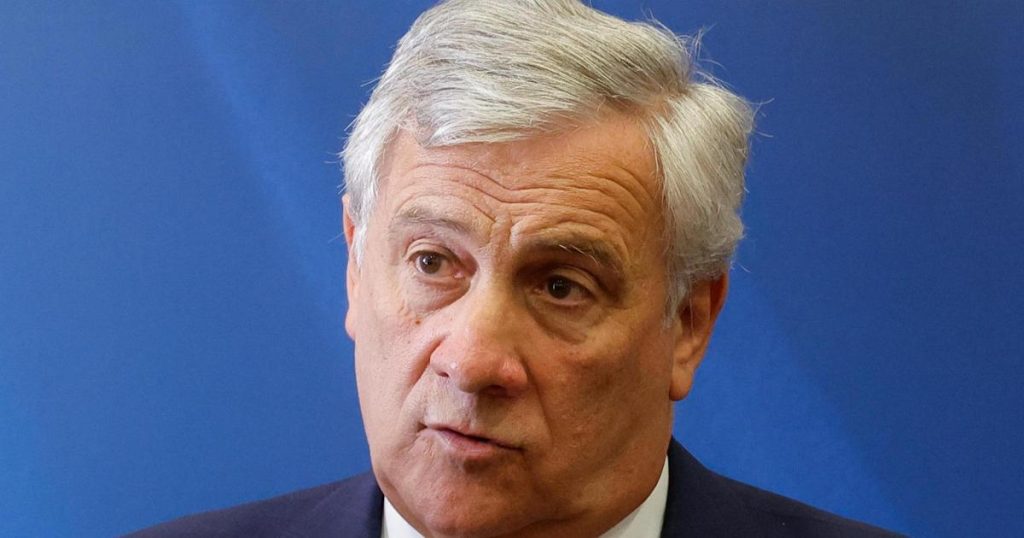The Italian government, in September, will present a project to the UN, as the current president of the G7, for the reconstruction of Gaza. The project aims to not only focus on humanitarian efforts but also on political and economic aspects. Italy is prepared to send a contingent to work on the transition managed by the UN and led by Arab countries, leading to the establishment of a unified Palestinian state encompassing both Gaza and the West Bank. However, the Italian government will only engage with the Palestinian Authority (ANP) and not Hamas. The United States has also requested the use of Italian Carabinieri forces to train an appropriate Palestinian security force.
Italian Foreign Minister Antonio Tajani expressed support for the recognition of a Palestinian state but emphasized the need to provide a concrete perspective for the Palestinian people. Tajani pointed out the challenges in recognizing a state while Hamas controls a significant portion of Palestine and supports the destruction of Israel. Italy aims to encourage negotiations towards the realization of the “two peoples, two states” formula. Regarding the conflict, Tajani reiterated that Italy stands with Israel but has urged them to adhere to international law and maintain proportionate reactions. Tajani also condemned the idea of starving two million Palestinians in Gaza, citing the use of civilians by Hamas and Hezbollah to disrupt peace agreements in the region.
Regarding the potential threat of an attack from Tehran, the Italian Foreign Minister disclosed a phone call with his Iranian counterpart, cautioning against making any hasty decisions. He advised waiting until a certain date to ensure that an attack would not jeopardize existing agreements and plunge the region into chaos. Tajani suggested that a ceasefire could diminish the reasons behind an attack and foster a new political dynamic in the Middle East. Italy remains in constant communication with allies and embassies, emphasizing hope as long as there is a space for negotiations.
Tajani addressed the issue of potential Italian disengagement following attacks by Ukrainian forces in the Russian region of Kursk, a stance criticized by some Italian officials. Italy reaffirmed its support for Ukraine as the aggrieved party but clarified that it is not engaged in a war against Russia. Italy will not deploy troops outside of Ukraine, and any weapons sent are restricted to use within Ukrainian territory. Specific authorizations are required for different uses, as requested by Ukrainian President Zelensky. Tajani discussed the possibility of expanding future peace conferences to include Russia and China, indicating that Saudi Arabia may take the lead in this effort. However, he ruled out direct engagement with Russian President Vladimir Putin and emphasized the importance of maintaining Ukraine’s integrity in negotiations.
Italy’s stance on the Ukraine-Russia conflict underscores a commitment to supporting Ukraine’s sovereignty while refraining from direct military involvement against Russia. The government is cautious about weapon deployment, ensuring that any arms sent to Ukraine are used strictly within its borders. Italy advocates for peace negotiations that respect Ukraine’s territorial integrity and aims to prevent the conflict from turning into a surrender situation. The focus remains on seeking a peaceful resolution through dialogue and diplomatic efforts with all relevant parties involved.


